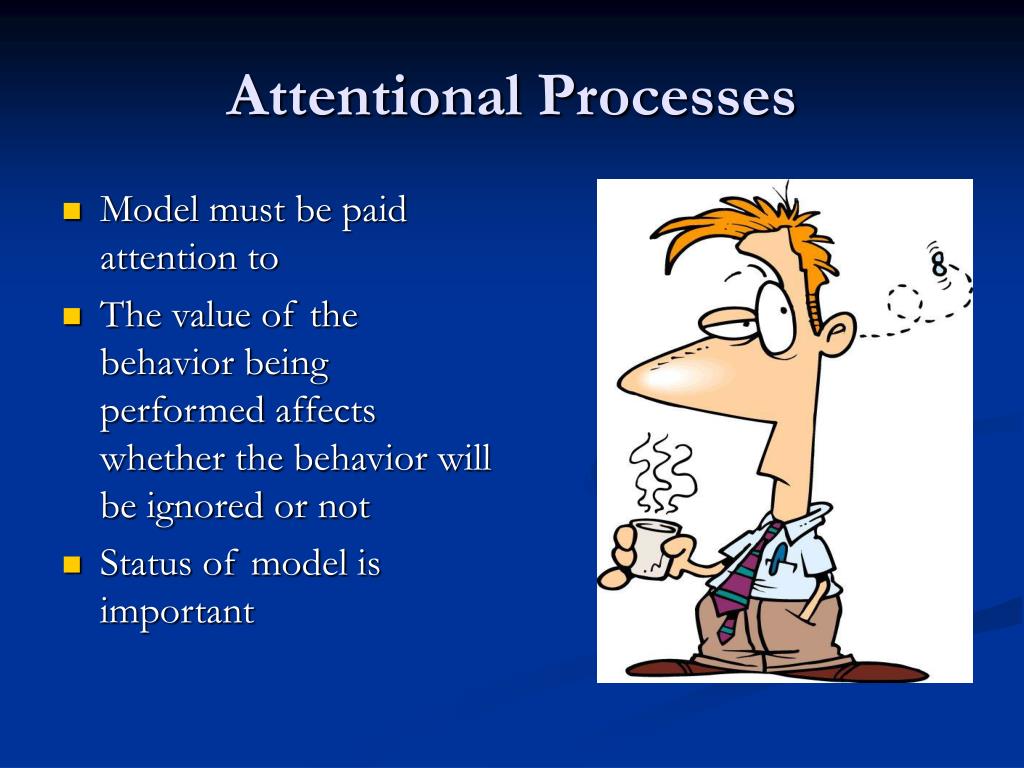

Observational learning suggests that an individual's environment, cognition, and behavior all incorporate and ultimately determine how the individual functions and models. Albert Bandura claims that children continually learn desirable and undesirable behavior through observational learning. A child may learn to swear, smack, smoke, and deem other inappropriate behavior acceptable through poor modeling. Many behaviors that a learner observes, remembers, and imitates are actions that models display and display modeling, even though the model may not intentionally try to instill a particular behavior. mobbing in birds), but other processes may be involved as well. In animals, observational learning is often based on classical conditioning, in which an instinctive behavior is elicited by observing the behavior of another (e.g. Particularly in childhood, a model is someone of authority or higher status in an environment. In humans, this form of learning seems to not need reinforcement to occur, but instead, requires a social model such as a parent, sibling, friend, or teacher with surroundings. It is a form of social learning which takes various forms, based on various processes. Observational learning is learning that occurs through observing the behavior of others. For other uses, see Social learning (disambiguation).


 0 kommentar(er)
0 kommentar(er)
